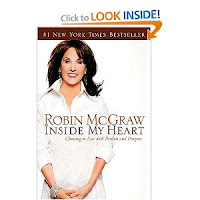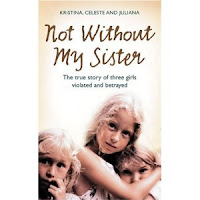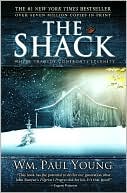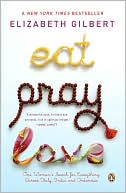Three books in one! What more could a gal ask for? I guess you'll soon find out!
Before I start, I want to point out two things. One, this is 3 reviews in one, so it's gonna be lengthy, and two, this is a Young Adult Novel. I like to know what my kids are reading, or what their friends are reading, I want to know what they are talking about. Many times I will jump on a book that looks interesting, so I can recommend it to them or maybe hide it away to see if they will find it on their own ::: wink wink ::: plus, they are easy reads - I plowed through the 800+ pages in two days.
Remember Me Shari Cooper is your stereo-typical 18 year old California girl. Blonde hair, blue eyes, rich parents, big house by the beach, perfect family. She has a drop dead gorgeous boyfriend, is popular, drives a red sports car, oh! and did I mention she is dead?
Yep! Two weeks from graduating high school, Shari is found dead under a balcony, 4 stories up, where she had been attending a birthday party. The death is ruled a suicide, even though she showed no signs of being suicidal. Looking on on the other side, she has no idea how she was killed, she only knows she never would have jumped. Before she can "go into the light", she wants to know what happened. Shari spies on her "friends" to see how they handle her death and she follows Detective Garrett as he pieces together the clues that unravel the mystery.
The Return Shari Cooper's murder has been solved; she can finally rest on the other side. Only she can't. There was so much of her life left to live, and she is so much more aware now.
Shari is given an opportunity reserved only for rare souls. She has the chance to be reborn, but not as an infant. She will take the place of an 18 year old girl who has given up on life. Shari will become a Wanderer and will turn this otherwise destined-for-nothing life into something others will look up to.
The Last Story Shari Cooper/Jean Rodrigues, has overcome amazing challenges. She has returned from the dead and has narrowly escaped another death. She is now a famous author, traveling the world while changing it with her stories. Her latest book is about her former life, or really, her death. She writes as her previous identity, Shari Cooper, from beyond the grave. She publicly details her involvement in the solving of her murder, even though it may hurt the people she wants most to help.
But has she lost sight of her purpose? The reason for her re-birth? Shari/Jean struggles to overcome the obstacles that fame and money throw in her face as she works to unravel a new story forming in her mind. Will she understand the deep memories of the past before it's too late?
I read the publishers synopsis of the book and thought it sounded similar to The Lovely Bones, which is a book I love and have read a number of times. I have always enjoyed books about the supernatural. I didn't realize that it was actually a 3-book series.
I finished the first book (300 pages) in an afternoon and honestly I was impressed with it. It didn't drag on with annoying details and it ended well. I could have walked away from the story feeling satisfied that it was over - no loose ends, no what-ifs, no feeling of "it should have explained more ...".
The second book was a total mess. While I respect where the author was trying to go with it, I really felt it was thrown together to fulfill a contract deadline. It was short, jumbled and confusing. Characters were introduced, but never elaborated on, which alone was no big deal until they were reintroduced in the 3rd book, and well ... I had no idea who they were! Being a closet sci-fi junkie, I had no issues with Shari taking over Jean's body, or even the religious background to the story, I just felt it could have been done SO much better.
By the 3rd book I was honestly just looking forward to putting the series to rest. It was better than the second, but it still felt rushed and incomplete. The story line jumped around, characters that were meaningless in book 2 were reintroduced and remained, still, pretty meaningless. The passion behind the story was gone and I felt kind of sorry for the author.
I really enjoyed Remember Me, I may even read it again sometime, but the sequels I could live without.
I have a 1.5 pound book to pass along if anyone is interested ;0)

























 Throwing another "God" book into the mix here, the much talked about The Shack by Wm. Paul Young.
Throwing another "God" book into the mix here, the much talked about The Shack by Wm. Paul Young. I happened to see Elizabeth Gilbert's Eat, Pray, Love on the sale shelf at Borders and had to see what all the hype was about. I've had friends tell me the book changed their lives.
I happened to see Elizabeth Gilbert's Eat, Pray, Love on the sale shelf at Borders and had to see what all the hype was about. I've had friends tell me the book changed their lives. 











